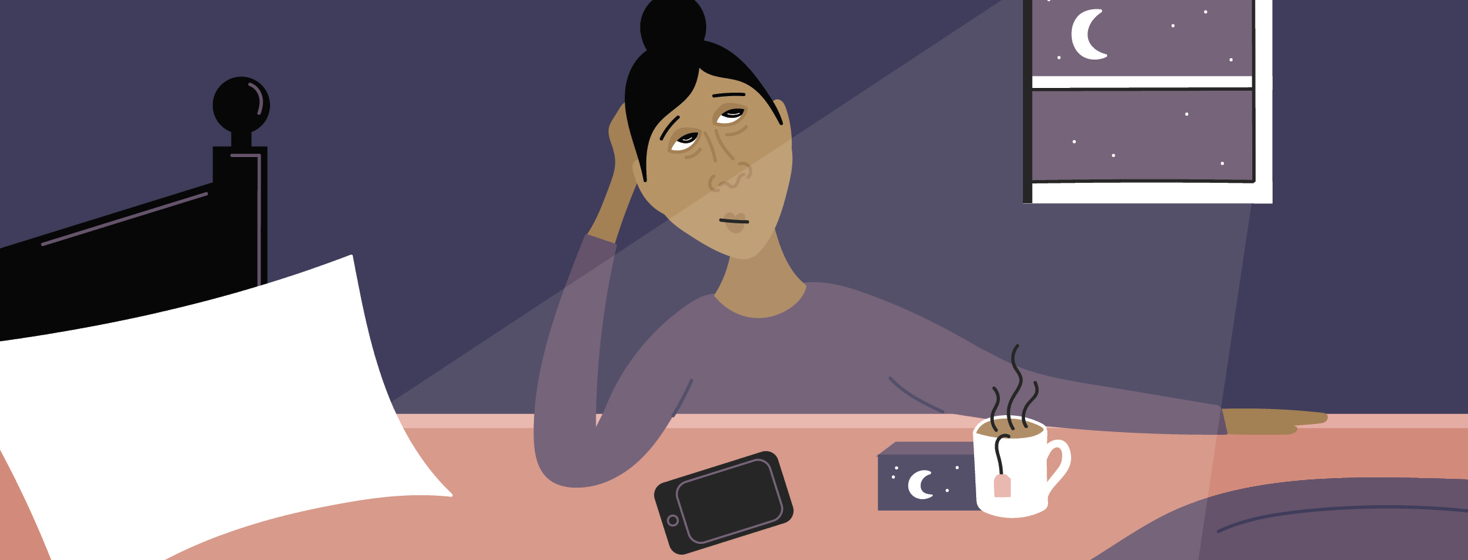"Sleep Hygiene" Is a Dirty Phrase
Every person with insomnia has been advised to work on their sleep hygiene. Most of us have tried to make the suggested changes, yet they rarely work to repair our sleep.
But despite our frustration, sleep hygiene tips are still the first results that pop up in an internet search for how to cure insomnia.
What is sleep hygiene?
Just like dental hygiene (brushing teeth at least twice per day, flossing daily, etc.) promotes good dental health, practicing good sleep hygiene promotes good sleep for most people. Sleep hygiene refers to daily behaviors and bedroom features that help sleep. This includes things like:
- Avoiding caffeine within 6 hours of bedtime
- Exercising regularly, but not within 2 hours of bedtime
- Sleeping on a comfortable mattress
- Keeping your bedroom cool and dark
- Not looking at your clock
- Keeping your bedroom quiet or using a white noise machine
For healthy sleepers, these behaviors are often enough to lull you to peaceful sleep. But people with insomnia drink their Sleepytime Tea, hang up blackout curtains, and buy expensive mattress toppers only to find themselves tossing and turning in a comfy bed in a dark room.
Sleep hygiene and insomnia
It turns out that people with insomnia DO tend to have poor sleep hygiene. And poor sleep hygiene may have prompted a few bad nights of sleep initially. But once insomnia takes hold, improving sleep hygiene is not enough to fix the problem.
Insomnia becomes maintained by things like conditioned arousal and sleep-related worries. Much more targeted interventions, such as cognitive-behavioral therapy for insomnia (CBTI), become necessary.1
Sleep hygiene is a dirty phrase
Despite researchers and sleep medicine doctors having known this for years, sleep hygiene is often still the first intervention that is offered by therapists and primary care doctors. Many of my clients have come into my office frustrated because they believe they received and didn’t respond to "insomnia treatment."
But when I ask about the treatment they actually received, it’s almost always instruction in sleep hygiene. It’s gotten to the point that I involuntarily cringe when someone mentions sleep hygiene.
A different treatment option
If you’ve been struggling with insomnia for months or years, don’t assume that your sleep hygiene is causing the problem. Resist the urge to splurge on a new mattress or white noise machine.
Save your money and research CBTI providers in your area. Within a couple of months, you could be getting better sleep than you’ve had in years.
How does the phrase sleep hygiene make you feel? Have you experienced frustration with sleep hygiene? Have you tried other insomnia interventions like cognitive behavioral therapy for insomnia? Share your experiences with our community in the comments below.

Join the conversation